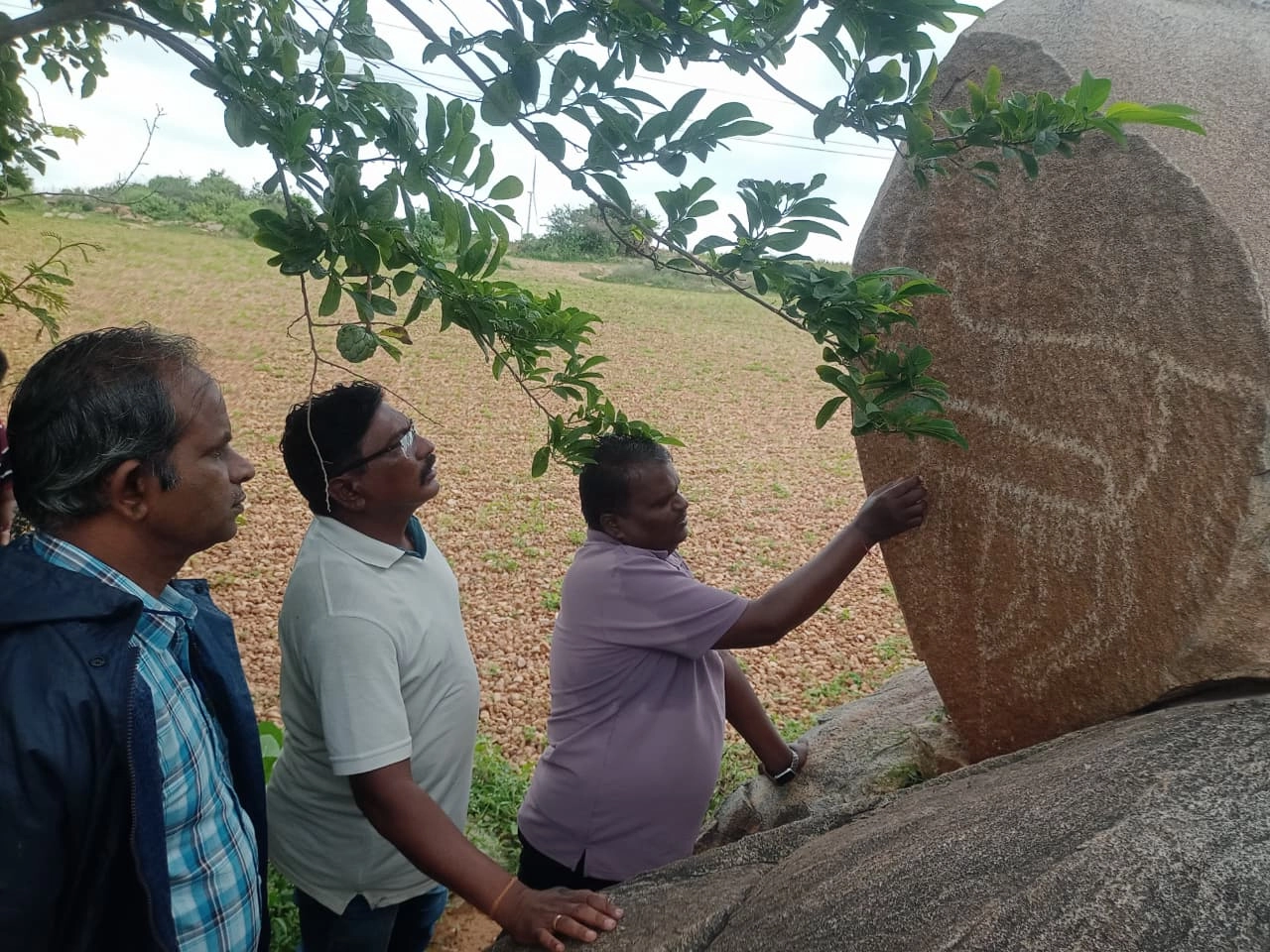As the conflict in Gaza enters its second year, the situation remains deeply complex and fraught with uncertainty. The war, which has caused immense suffering for countless civilians, presents a myriad of challenges that hinder any potential resolution. With both sides entrenched in their positions, the path to peace appears increasingly obscured. The humanitarian toll has been staggering, with thousands of lives lost and entire communities displaced. Infrastructure, already fragile before the conflict, lies in ruins, compounding the hardships faced by the population. Efforts to provide aid have been met with significant obstacles, further exacerbating the dire circumstances.
Diplomatic efforts to broker peace have also struggled to gain traction. International stakeholders have expressed grave concerns about the ongoing violence, yet tangible solutions remain elusive. The geopolitical complexities of the region add layers of difficulty, as various factions and external actors influence the dynamics of the conflict. Each attempt at negotiation seems to falter, with mistrust and historical grievances surfacing to derail progress. The lack of a cohesive strategy from various parties involved has left many questioning the viability of any long-term resolution.
As the war drags on, the prospects for stability diminish. The absence of a clear way out leaves both the residents of Gaza and the broader region in a state of uncertainty. The psychological impact on those living in constant fear and disruption cannot be overstated, as daily life becomes a struggle for survival amid the chaos. Amidst the ongoing violence, calls for a renewed commitment to peace and constructive dialogue have become increasingly urgent. Without a concerted effort to address the root causes of the conflict and to foster understanding between opposing sides, the cycle of violence is likely to continue, leaving a generation to grapple with the aftermath of war. The international community must take decisive action to facilitate meaningful discussions, ensuring that the aspirations for peace and security are not only voiced but also realized.




